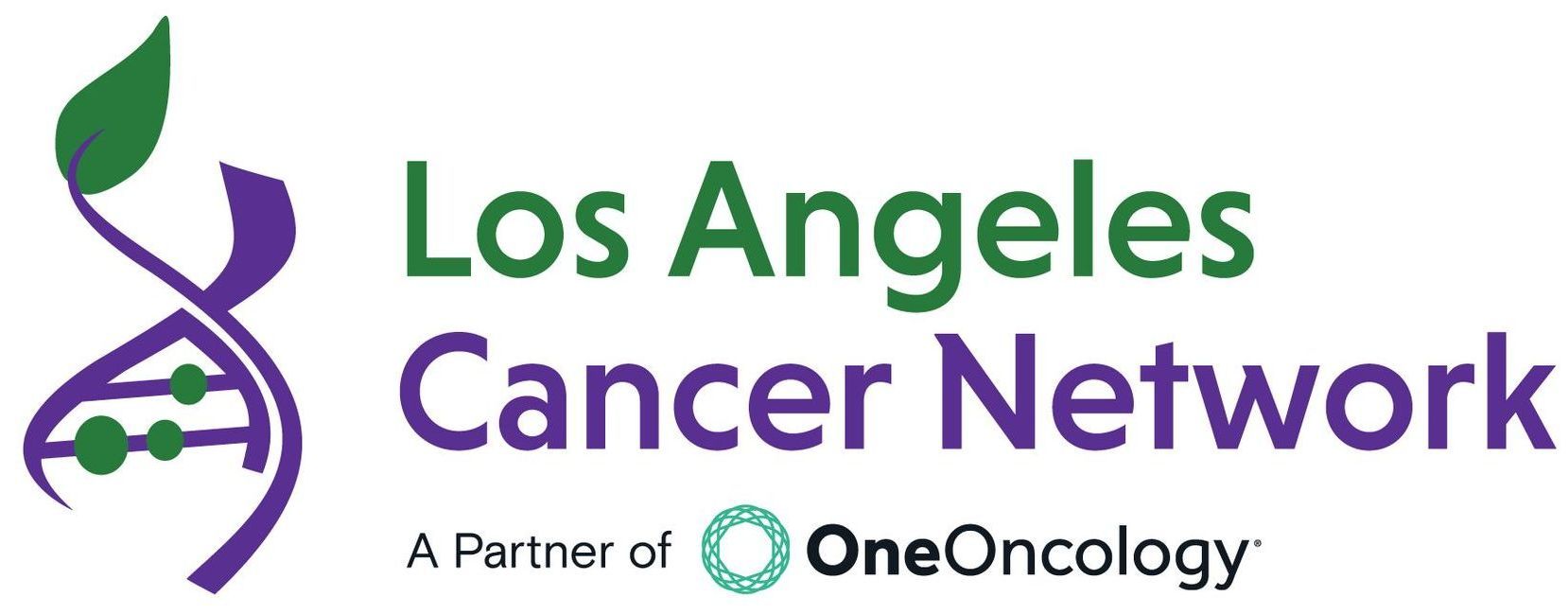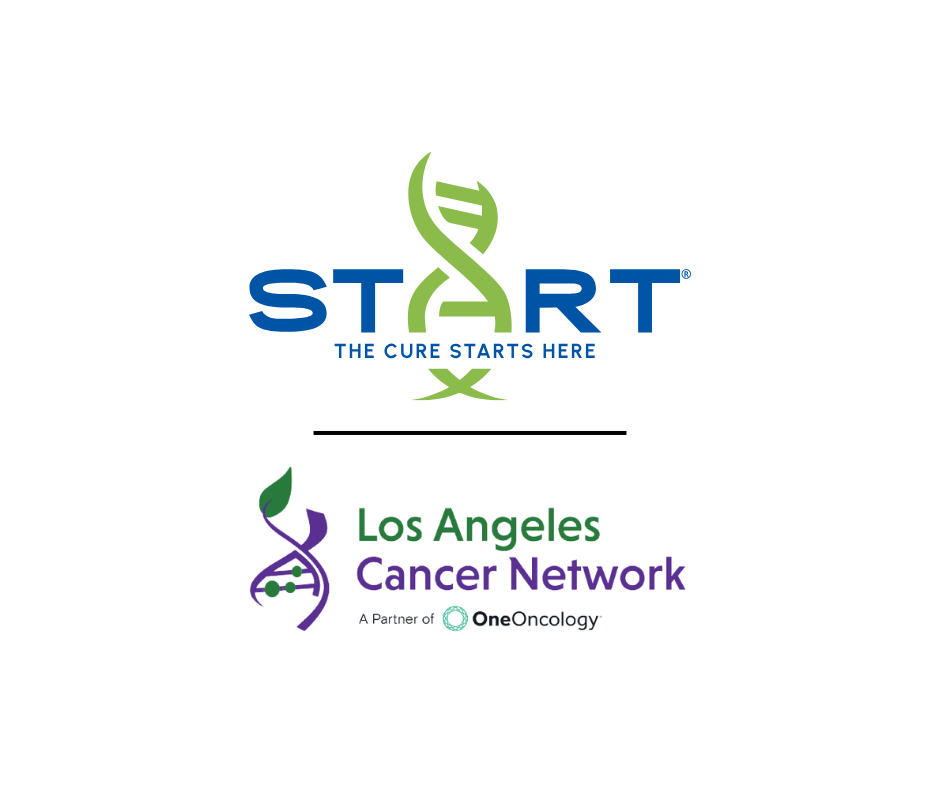Fact or Fiction: Breast Cancer Facts
Fact or Fiction: Breast Cancer Facts

Breast cancer is a pressing concern for many, and a multitude of factors have been debated regarding their potential impact on breast cancer risk. Among the topics frequently discussed are baby powder, birth control pills, deodorants, and smoking.
Does Baby Powder Cause Breast Cancer?
Baby powder is a product made from talc, a mineral composed mainly of magnesium, silicon, and oxygen. It is used to absorb moisture and reduce friction, making it useful for preventing rashes and keeping skin dry. Concerns about a possible connection between talcum powder and breast cancer have been raised over the years, largely due to the fact that some talc may contain asbestos. Asbestos is a substance known to cause cancer when inhaled, particularly in the lungs.
In 1976, the
Cosmetic, Toiletry, and Fragrances Association issued voluntary guidelines to ensure that talc used in cosmetics in the United States is free from detectable amounts of asbestos. This measure was taken to mitigate any health risks associated with talcum powder. The primary concern related to breast cancer is that talc particles might migrate through the reproductive tract to the ovaries, which could potentially increase the risk of ovarian cancer.
Research on this topic has yielded mixed results. Some studies suggest a
slight increase in the risk of ovarian cancer with regular use of talcum powder in the genital area. But, when it comes to breast cancer, the evidence is less clear. Most studies do not find a
significant link between talcum powder use and breast cancer. The majority of current research does not support a strong connection between talcum powder and breast cancer. Therefore, while there have been concerns, there is no substantial evidence proving that talcum powder increases the risk of breast cancer.
Birth Control Pills and Risk of Breast Cancer
Birth control pills are commonly used for contraception and to regulate menstrual cycles. These pills contain hormones that can influence various aspects of health. Studies have shown that hormonal contraceptives might slightly increase the risk of breast cancer. A recent study found that all hormonal contraceptives could increase the risk of breast cancer by 20 to 30 percent. This risk varies based on age and the duration of use.
The risk increase is relatively small for younger women, particularly those between the ages of 16 and 25. The risk is more significant for older women, especially those between the ages of 35 and 39. Women who have used birth control pills for ten years or more have a higher risk compared to those who use them for shorter periods. Despite this increased risk, birth control pills generally present a lower risk compared to other lifestyle factors such as smoking and alcohol consumption.
Interestingly, the increased risk associated with birth control pills seems to diminish after stopping the medication. This indicates that the risk may be temporary rather than long-term. Also, birth control pills have benefits such as lowering the risk of ovarian and endometrial cancers. Women considering birth control should discuss their health factors with their doctor to make an informed decision about whether the benefits outweigh the risks.
The Link between Deodorants and Breast Cancer
Deodorants and antiperspirants are commonly used to manage body odor and reduce sweating. The discussion about their potential link to breast cancer often revolves around the aluminum compounds found in antiperspirants. These compounds are thought to block sweat glands, leading to concerns that they might contribute to breast cancer risk by allowing harmful substances to enter the body.
The lymphatic system, which drains fluids from different body parts, even the breasts, is central to these concerns. The theory suggests that aluminum compounds could accumulate in breast tissue and increase cancer risk. Extensive research does not support this theory.
Studies have not found a significant association between deodorants or antiperspirants and breast cancer.
Most research indicates that aluminum compounds in antiperspirants are not significantly absorbed through the skin. Major health organizations have not classified deodorants or antiperspirants as significant risk factors for breast cancer. While being aware of your products is always sensitive, current studies suggest that
deodorants and antiperspirants do not significantly contribute to breast cancer risk. Therefore, using these products is unlikely to significantly impact your breast cancer risk.
Smoking and Breast Cancer Risk
Smoking is a well-known risk factor for various cancers, including lung and throat cancers. Its role in breast cancer risk, while less pronounced, is still a topic of concern. Smoking has been associated with an increased risk of breast cancer, particularly if smoking occurs during critical developmental periods, such as from the start of menstruation to the first pregnancy.
The carcinogens in cigarettes can damage cells and contribute to cancer development.
Research suggests that smoking can increase the risk of breast cancer, particularly in younger women. The damage caused by smoking during periods when breast tissue is developing may have a more significant impact on cancer risk. Smoking is a notable risk factor for numerous cancers, and its role in breast cancer is less pronounced compared to other cancers.
Promoting a smoke-free lifestyle is best for your overall health and reducing cancer risks. Encouraging children and adolescents to avoid smoking is good for their long-term health. While smoking does have a link to breast cancer, it is important to recognize that the overall health risks associated with smoking are considerable and encompass a range of serious conditions.
Why You Should Stay Informed
The connection between various factors and breast cancer risk is complex and often misunderstood. While concerns about baby powder, birth control pills, deodorants, and smoking persist, the evidence linking these factors to breast cancer varies. Understanding these relationships helps in making informed decisions about health and risk management.
For expert guidance and support regarding breast cancer, our team at
LA Cancer Network is here to help. We provide comprehensive care and resources to assist you in managing your health and reducing your cancer risks.
Contact us to learn more about our services and how we can support you in your health journey.






















